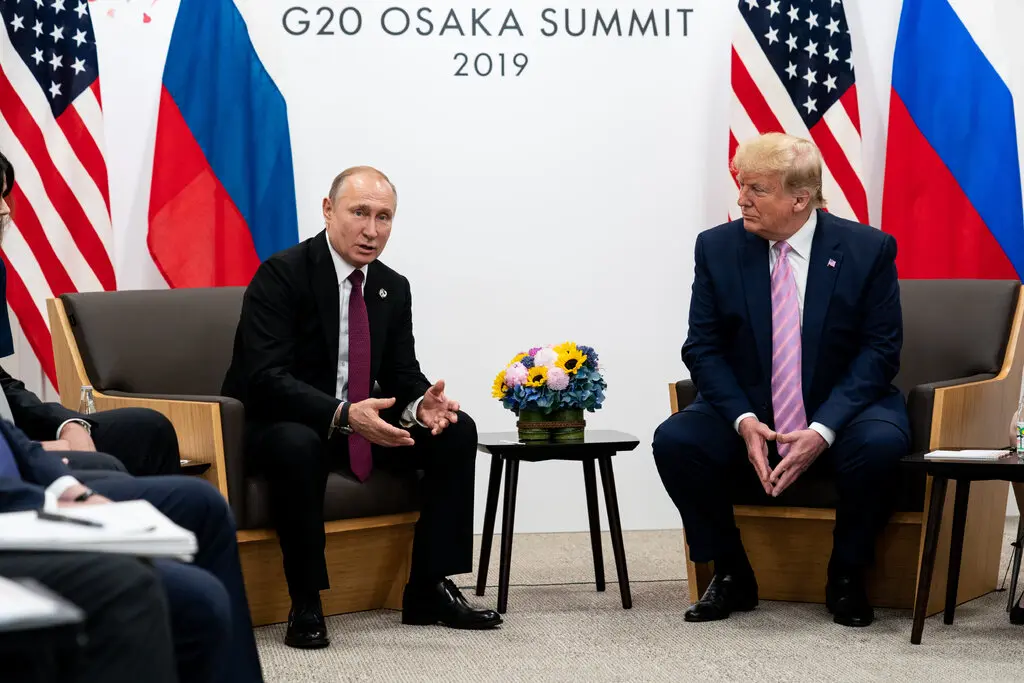
Akintunde Oyedokun
Research Analyst
Oil prices ended lower Friday, with Brent at $69.28 and WTI at $67.34, both posting weekly losses of about 2%, as investors reacted to mixed U.S. economic data, rising tariff risks, and fresh EU sanctions on Russia. A slowdown in U.S. homebuilding contrasted with improving consumer sentiment and lower inflation expectations, fueling speculation of potential Fed rate cuts. Meanwhile, President Trump’s push for steep tariffs on EU goods sparked inflation concerns that could dampen oil demand. The EU’s latest sanctions targeting Russia’s oil sector had limited market impact, as doubts linger over their effectiveness.
Japan’s Core Inflation Slows But Stays Above Target, Keeping Rate Hike Expectations Alive
Japan’s core inflation slowed to 3.3% in June from 3.7% in May, largely due to reinstated fuel subsidies, but stayed above the Bank of Japan’s 2% target for the 39th month. Broader price indicators, including one that excludes food and energy, rose 3.4%, pointing to ongoing demand-driven inflation. Food costs soared, with rice prices nearly doubling, while service inflation edged up to 1.5%. Despite the easing pace, inflation remains elevated, complicating the BOJ’s rate decision ahead of its July 30–31 meeting, especially amid economic risks from global trade tensions.
China Rolls Out New Incentives to Boost Foreign Profit Reinvestment Amid FDI Decline
In a bid to reverse the 13.2% drop in foreign direct investment (FDI) from January to May 2025, China has introduced fresh incentives to encourage foreign investors to reinvest profits within the country. The measures, jointly issued by key government agencies, aim to simplify approval processes, offer tax breaks, and reduce land costs through options like long-term leasing and lease-before-transfer. Investors are encouraged to set up new firms, inject capital into existing ones, or acquire stakes in Chinese companies. Local governments will create reinvestment project databases, while financial institutions are directed to develop innovative support services.
Ghana Holds Emergency Rate Decision As Economy Shows Recovery Signs
Ghana’s central bank, after an emergency meeting on Thursday, opted to wait for its regular July 28–30 policy meeting before taking any action. The bank cited improving macroeconomic indicators, falling inflation to its lowest since December 2021, stronger reserves, and a cedi that has gained over 40% this year. Confidence is returning, but the global outlook remains uncertain. The MPC pledged continued support for recovery without risking recent gains.
Nigeria Records 12% Gas Flaring Increase In 2024 – World Bank
Nigeria saw a 12% rise in gas flaring in 2024—the second highest globally—despite oil output increasing by only 3%, which led to an 8% spike in flaring intensity, according to the World Bank’s Global Gas Flaring Tracker. The bulk of this came from NNPCL and smaller operators, responsible for 60% of total flaring and 75% of the year’s increase. Globally, gas flaring rose 2% to 151 bcm, with Iran, Nigeria, the U.S., Iraq, and Russia leading the surge and collectively adding 4.6 bcm. The share of flaring from the top nine countries climbed to 76%. Meanwhile, Nigeria’s regulator reiterated its pledge to end routine flaring by 2030 and cut methane emissions by 60% by 2031 under a decarbonisation plan backed by emissions tracking and access to climate finance.










